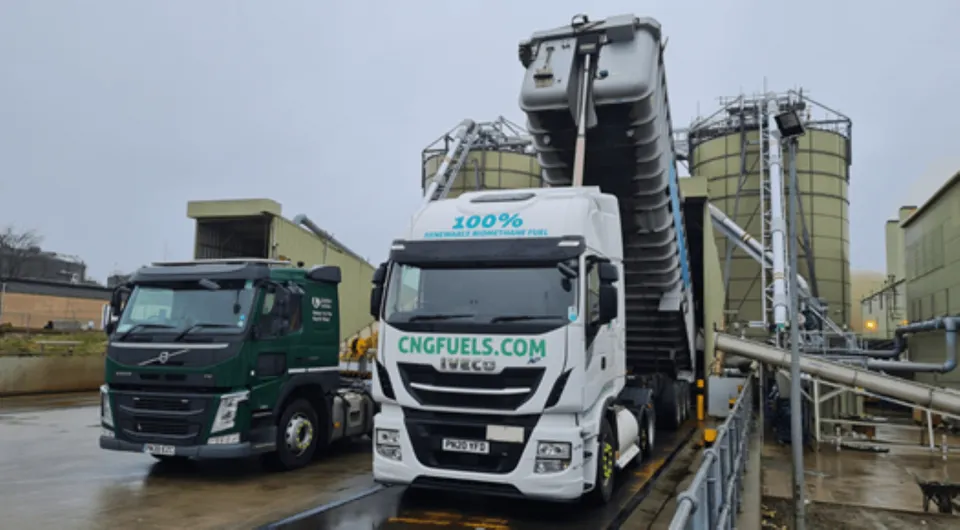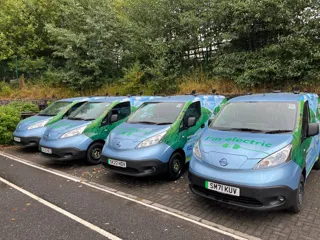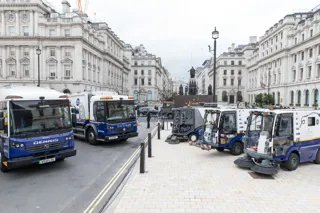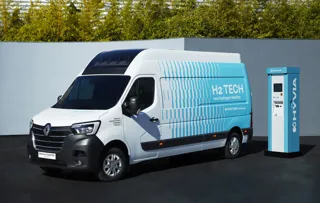Water company, United Utilities, has committed to running its fleet on electricity or alternative fuels by 2028.
The company currently runs a varied fleet of vans, HGVs, 4x4s and plant equipment that are mostly powered by traditional fuels.
In 2020-21, its 2,400 vehicles on the road across the region emitted the equivalent of 16,634 tonnes of carbon dioxide (CO2), but by changing to electricity and alternative fuels the company expects to reduce this to nearly zero from 2029.
Carl Doyle, green fleet business lead at United Utilities, said: “As part of our carbon pledges we have committed to running our entire fleet on electricity or alternative fuels by 2028.
“Whilst it’s an ambitious target with the size of our fleet, by continuing to trial new fuels and technologies and working with partners we’re confident that we will be able to deliver.”
Over the last six years, the company has been trialling the use of more environmentally-friendly fuel with several vehicles, it said, and has deployed 27 electric vehicles (EVs) at operational sites and has eight Nissan ENV200’s and four Vauxhall Vivaro-e’s on order.
The vehicles were chosen due to their size, range, and the ability to meet company’s requirements, Unitied Utilities said.
The company said following a successful trial involving its 44 tonne HGV trucks running on compressed natural gas, the company has also placed an order for four Iveco Stralis NP vehicles that will operate from its Bioresource centre in Davyhulme.
As the gas is produced from natural sources, rather than fossil fuel, it can reduce greenhouse gas emissions by up to 80% and is cleaner burning - resulting in less pollutants, it said.
United Utilities said feedback on the performance and economy of the trucks was ‘positive’ with re-fuelling ‘straightforward’.
The water company has also completed a trial of hydrotreated vegetable oil (HVO) which was used in two of its trucks that provide customers with water if there are supply issues in the region.
HVO provides up to a 90% reduction in CO2 emissions as it’s manufactured from waste fats and vegetable oils.
The trial was a success with driveability and fuel economy matching conventional diesel power, said the company.
United Utilities said it is investigating replacing diesel with HVO in other plant equipment including boilers which could further reduce their reliance on fossil fuels.
To support the transition to electric vans, charge points are also being installed across the businesses various sites, as well as at employees’ homes.
> Interested in comparing electric vehicle data? Check out our EV tool.
> Interested in ensuring the efficient use of EVs. Check out our dedicated editorial sections: Insight & policy | EV news | Charging & infrastructure | Costs & incentives | Benefit-in-kind | EV case studies | EV road tests
























Login to comment
Comments
No comments have been made yet.